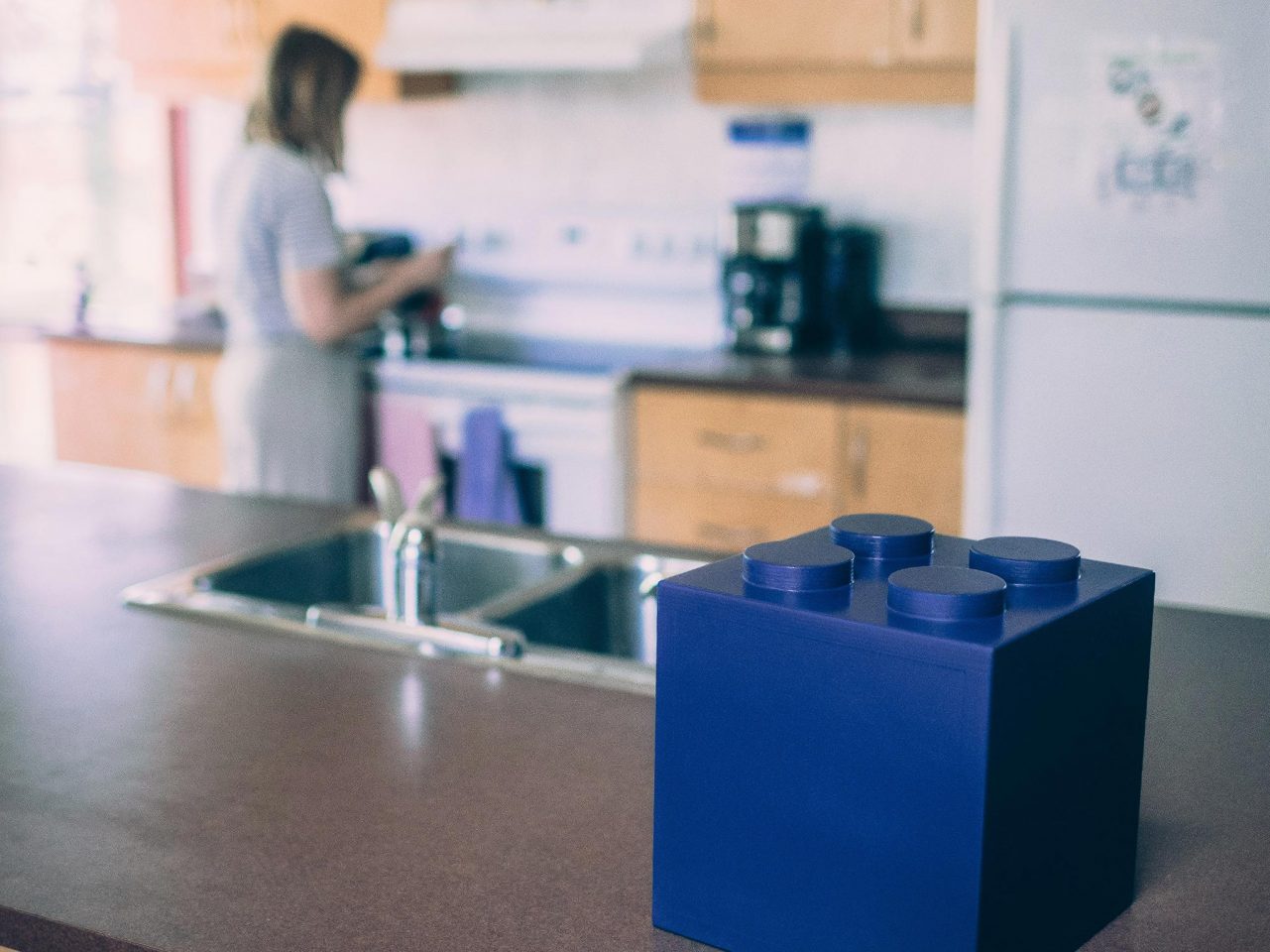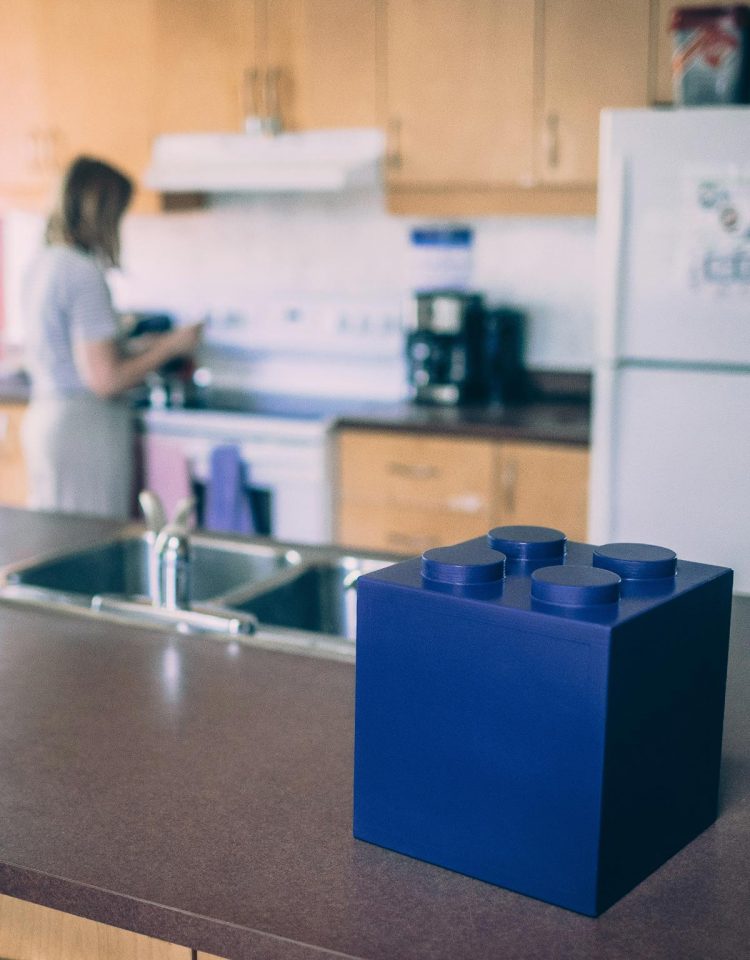

April 8
2020
Standing united against eating disorders
“Breaking patients’ isolation is my team’s biggest concern during the pandemic”, says Howard Steiger, Ph.D, Head of the Eating Disorders Continuum at the Douglas Mental Health University Institute. He explains that ensuring regular contact with patients suffering from eating disorders during this crisis quickly became necessary. By implementing a brand new action plan, the team guaranteed rigorous clinical follow-ups through a remote virtual therapy formula that makes sure patients are not in solitary confinement. This was necessary to confirm that patients would not fall back into unhealthy dietary restrictions while alone at home, according to Dr. Steiger.
The COVID-19 crisis causes unique challenges for people living with an eating disorder: restricted access to food, lack of clinical resources and person-to-person therapeutic support are just some of them. Isolation could also inadvertently push someone already living with an eating disorder to resume bad eating habits. “Imagine a person with bulimia nervosa who suddenly finds himself locked in his house with large quantities of food. It’s a bit like leaving an alcoholic with a full bar at home”, illustrates Dr. Steiger.
Fortunately, thanks to the creation of remote supervision groups, the Eating Disorders Continuum can continue to ensure effective tools for recovery for its patients during these trying times. Maintaining contact with therapeutic resources is essential for some people who are very concerned about what they eat. They could be in danger and deteriorate quickly without clinical experts regularly reassessing their condition. In that regard, this virtual support is the safest way to treat isolated patients during this public health crisis.
According to Dr. Steiger, organizing this type of online community is of fundamental importance because patients rely on the help of people who are going through the same difficulties to overcome their own challenge. “It is extremely important to maintain this structure so that they can fight against their eating disorders”, he says. Moreover, this advice applies to all mental or physical health problems: we can’t underestimate the power of communication and need to keep in touch with our resources and loved ones whether it is by phone, mobile applications or social media. Dr. Steiger reminds us that the isolation resulting from preventive social distancing can be especially difficult for vulnerable individuals.
Access to the Douglas Institute’s Eating Disorders Continuum is intentionally structured to be as easy as possible: it eliminates many administrative steps so as not to discourage people with eating disorders from seeking the help that they need. Insertion into such a program can seem overly complex and time-consuming, especially for people who have suffered in silence for a long a time. The whole process starts with the transmission of a direct request from the sick person and a reference by a clinician regardless of their field of expertise. Following this first contact, the potential patient will be evaluated over the phone to evaluate their current state.
Thanks to a range of treatments with variable intensity (including individual, family and group treatments offered externally at the hospital during the day with hospitalization units), the Eating Disorders Continuum (EDC) of the CIUSSS-ODIM is the only establishment in Quebec to provide specialized services for people of all ages suffering from an eating disorder. It offers exclusive care, clinical research to develop treatments as well as future prevention efforts in addition to organizing training for health professionals, clinicians, researchers and students.
The Douglas is proud to be able to count on Dr. Steiger and his team to provide cutting-edge treatments for individuals affected by eating disorders. Together, we are building hope for people suffering from mental health problems and their families.
To learn more or contact the Eating Disorders Continuum, click here.
